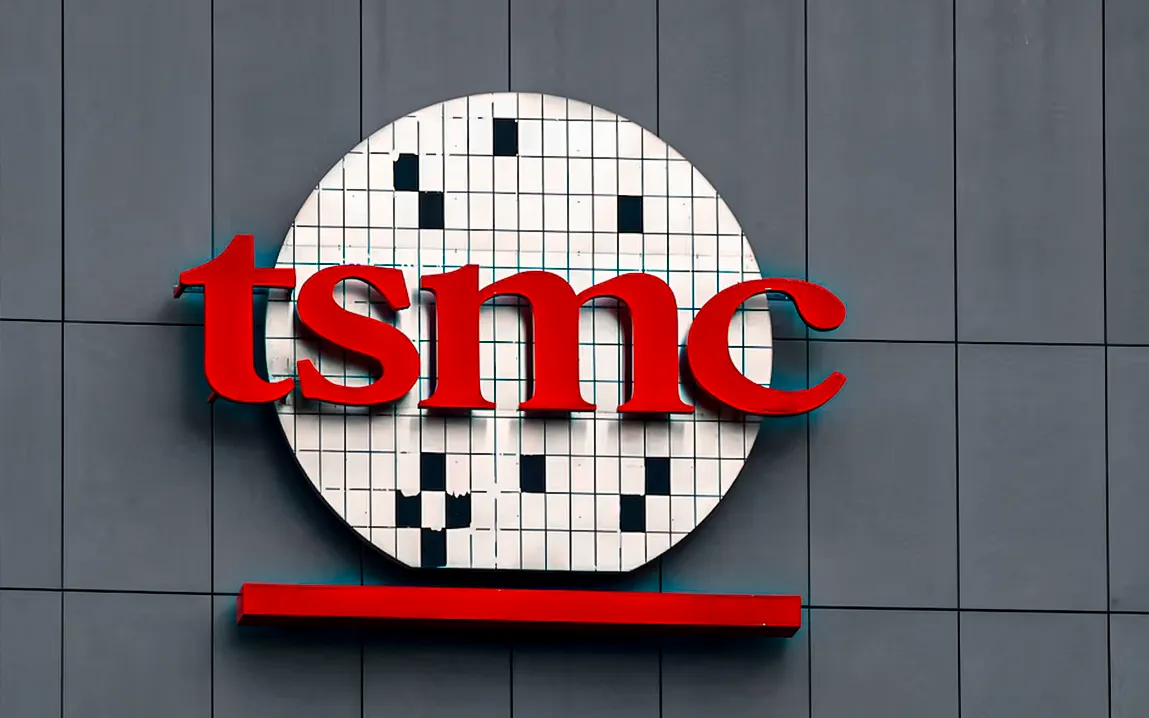A Chip Giant Under the Microscope
Taiwan Semiconductor Manufacturing Company (TSMC), a cornerstone of the global chip supply chain, is facing a potentially billion-dollar problem. The U.S. Department of Commerce has launched an investigation into the company’s role in producing chips that allegedly ended up in Huawei’s high-end AI processor — a potential violation of American export control laws.
According to sources familiar with the matter, TSMC manufactured chips for Sophgo, a Chinese chip design company. The issue arises from the fact that these chips closely resemble those found in Huawei’s Ascend 910B AI processors — despite Huawei being on a U.S. trade blacklist since 2019.
How the Trouble Started
Lennart Heim, a researcher at RAND’s Technology and Security and Policy Center, noted that TSMC produced nearly 3 million chips in recent years that matched Sophgo’s design — likely leading to their use in Huawei products. This design was explicitly built for artificial intelligence applications, raising concerns about whether TSMC indirectly supported a restricted entity.
TSMC’s chipmaking operations involve U.S. technology, placing them under American export laws. Companies utilizing U.S. tech must obtain special licenses to sell advanced chips to Huawei or any Chinese firm, which TSMC allegedly failed to secure.
What Could This Cost?
The potential consequences for TSMC could be significant. U.S. export control laws allow fines of up to double the value of the violating transactions. For TSMC, this could translate to penalties exceeding $1 billion — a serious hit even for a dominant player like TSMC.
While no official fine has been issued yet, companies found in violation typically receive a “proposed charging letter,” which outlines the dates of the alleged infractions, details the value of goods involved, and allows 30 days for a response.
TSMC’s Response: We Follow the Law
In a statement, TSMC spokesperson Nina Kao emphasized the company’s commitment to legal compliance. “TSMC has not supplied to Huawei since mid-September 2020,” she stated. Kao also confirmed that TSMC is cooperating with the Commerce Department and halted shipments to Sophgo once concerns were raised, indicating a willingness to address the issue promptly.
Taiwan’s Economy Minister, Kuo Jyh-huei, added that TSMC is a law-abiding company. He noted, however, that the ministry had not received any official notification regarding the probe and declined to comment further.
A Tense Time for U.S.-Taiwan Relations
The probe comes at a sensitive time. Just last week, former President Trump slapped a 32% tariff on Taiwanese imports — excluding semiconductors for now. However, he hinted that chips might be next.
Meanwhile, TSMC recently committed to a $100 billion investment in the U.S., including five new chip fabs. This massive expansion is seen as both a business strategy and a geopolitical gesture to solidify ties with the U.S.
Export Enforcement Gets Sharper
At a Washington conference last month, Commerce Secretary Howard Lutnick underscored the U.S.’s resolve. “We are going to seek increasingly higher penalties for export violations,” he said, signaling tougher days ahead for companies navigating the U.S.-China tech divide.
What’s Next?
While it remains unclear how the investigation will conclude, the message is clear: the U.S. is watching — and it’s not playing around. For TSMC, a company admired globally for its engineering prowess, the spotlight now shifts to its legal and diplomatic skills.
The coming weeks will determine whether the chip giant can navigate this high-stakes challenge and what it means for the future of U.S.-Taiwan tech ties.



